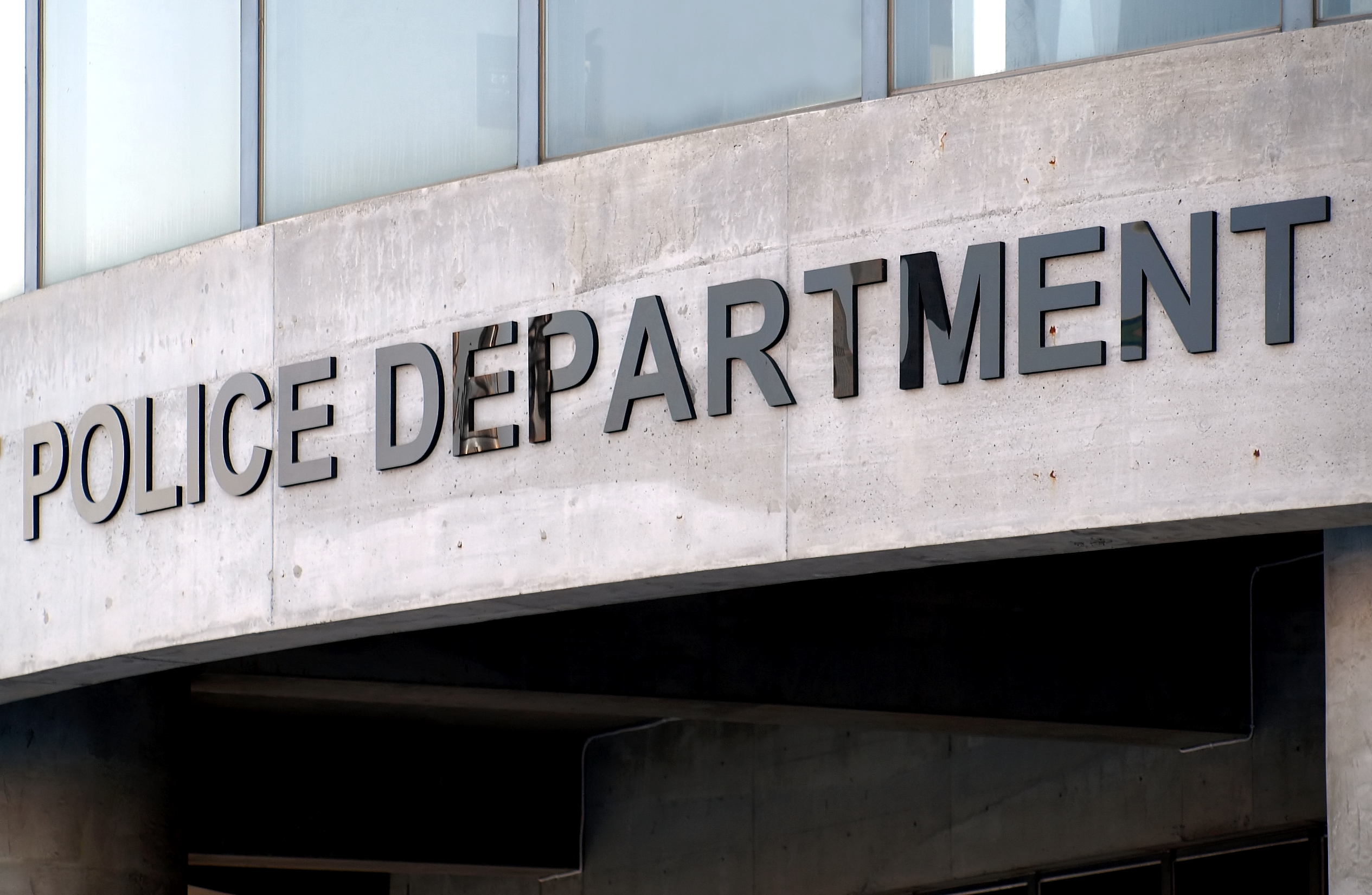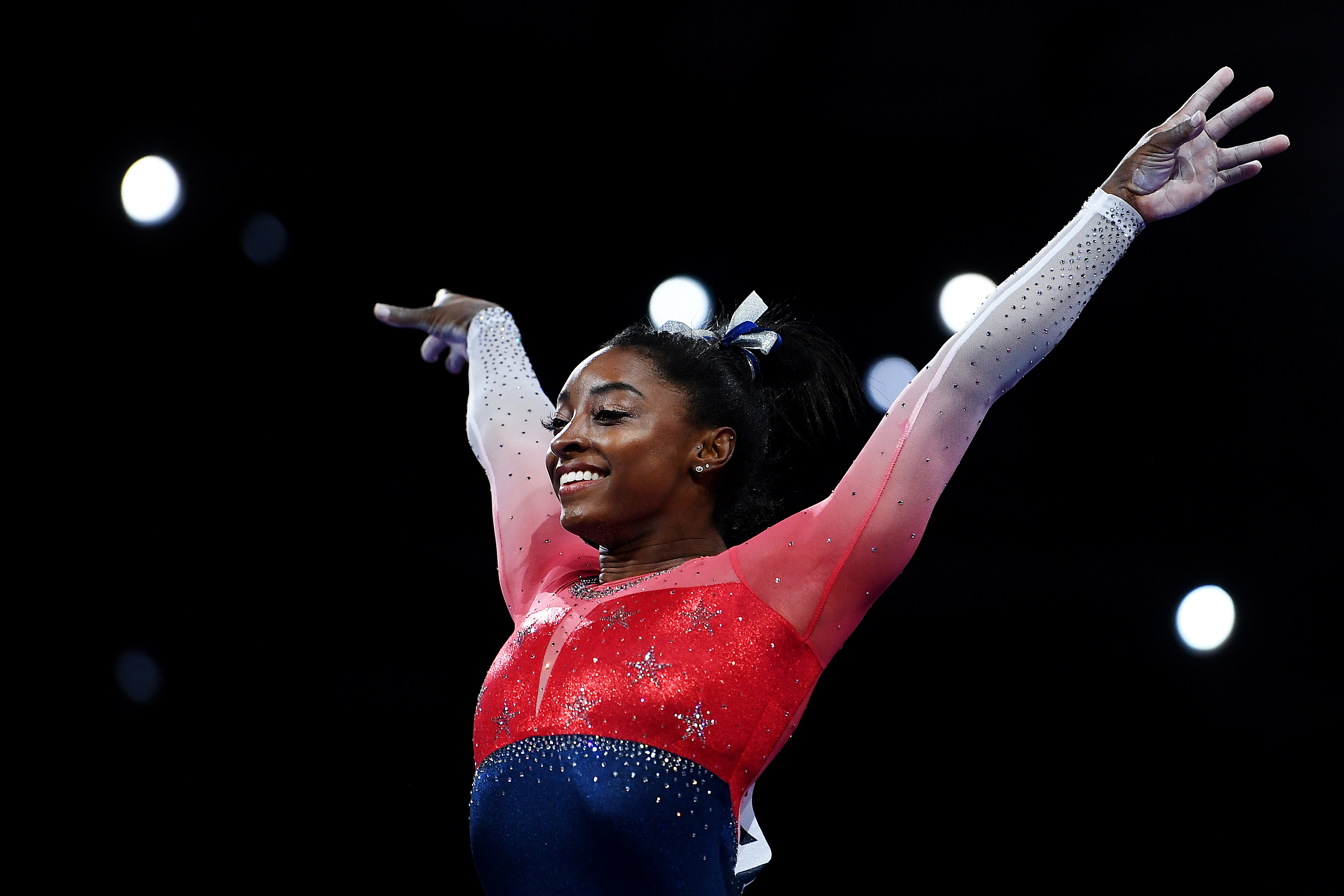Police officers treat black drivers much differently during traffic stops than white drivers.
A study conducted by assistant professor, Nicholas Camp, at the University of Michigan previously found that police officers speak in a less respectful language to black drivers than whites which can hinder community trust.
Camp’s new peer-reviewed study published recently in the Journal of Personality and Social Psychology took a slightly different approach. Instead of observing the language police used towards black drivers, this study observed the tone of voice that was used.
“Racial disparities in cues as subtle as an officer’s tone of voice can shape citizens’ trust in the police and alter their interpretation of subsequent encounters,” researchers wrote.
The new study had 400 participants listen to 250 audio clips from police body cams in an unnamed mid-sized city of routine traffic stops of men. The participants could only hear the tone of voice used in the edited clips and not what was actually said.
Listeners rated the traffic stops of black men as the officers being less respectful, tense, and dismissive according to their tone of voice. The listeners mostly found that black male drivers were treated with less respect regardless of the listener’s race or gender.
“I was surprised that we observed disparities in such a subtle cue,” Camp stated. “And that these interpersonal cues had an influence on citizens trust even though our results are supported by past research.”
According to a Stanford Open Policing Project study, approximately 20 Million drivers are stopped each year by the police. It was found that around 20% of black drivers are more likely to get stopped by law enforcement than white drivers.
It was also found that black male drivers have a much higher chance than whites to die at the hands of the police during traffic stops. The deaths of Daunte Wright and Philando Castile, along with other high-profile cases, are examples of fatal traffic stops that more than likely wouldn’t have ended in death if they were white.
“There’s a cycle where disparities can reduce institutional trust and in turn that trust or lack of trust shapes how you interpret the next encounter you have with law enforcement,” Camp said.
Camp’s findings conclude that police departments should receive better training on how to communicate more effectively with drivers of color. The vicious cycle has to be broken to improve police encounters during routine traffic stops.
Camp reportedly said that law enforcement has shown interest in his findings. He will continue to conduct studies that will improve police communication and impact training.
“Officers receive a lot of training on use of force … I would argue that officers should also receive a lot of training on communication,” he said. “These every day interactions these encounters are common but also really consequential.”




Hell that’s with ANY contact with police… and you guys are just realizing this🤔
Really…..?! A study is Just Now Showing this! Wow, I’m glad it took a study till just now to find this out!